-
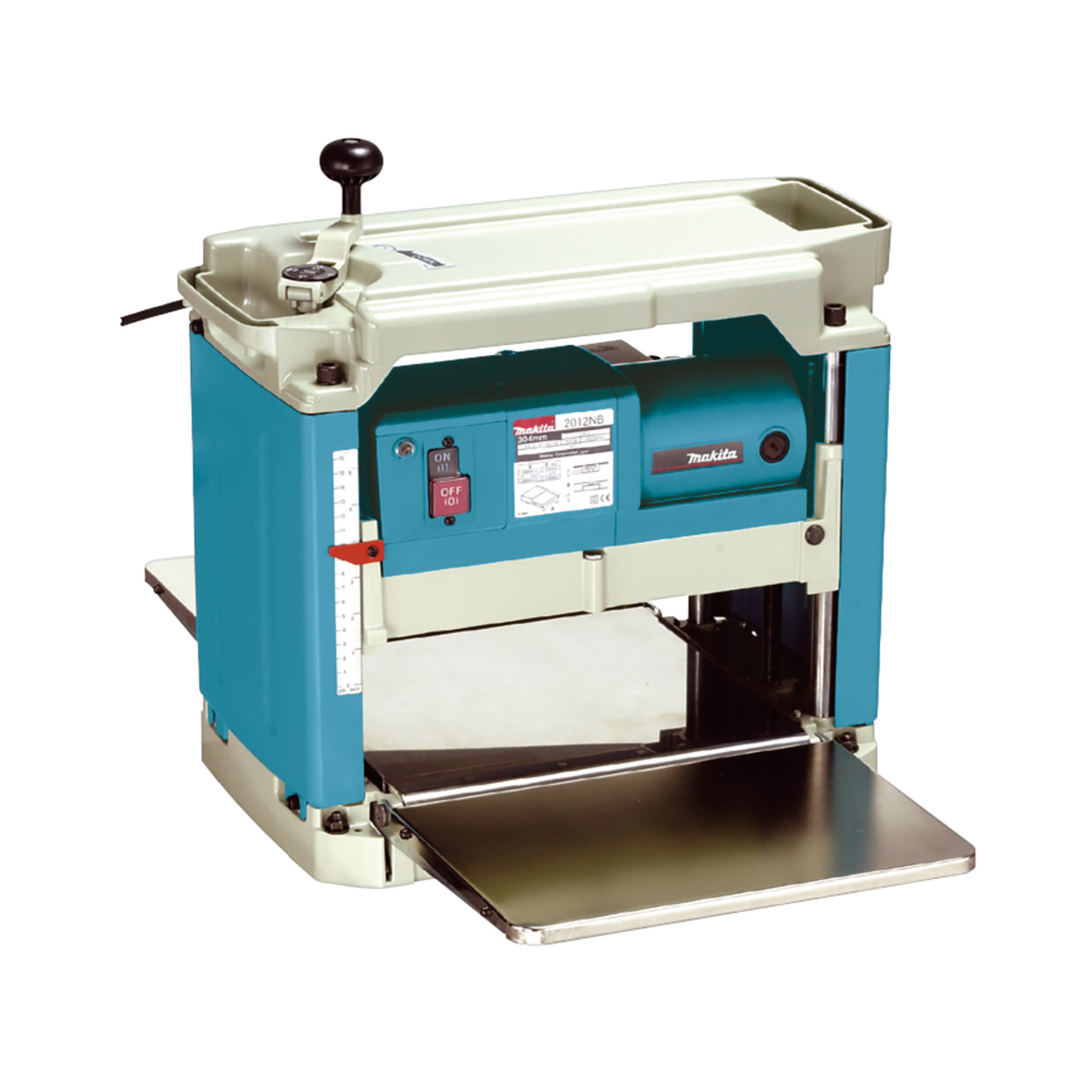
Makita 2012NB Planer Thicknesser
£499.00 exc. VAT£598.80 inc. VAT -
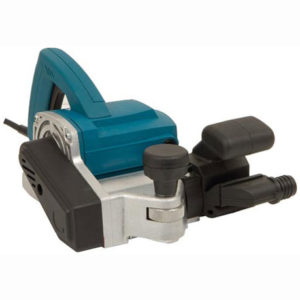
Virutex CE53S Edge Lipping Planer
£580.00 exc. VAT£696.00 inc. VAT -
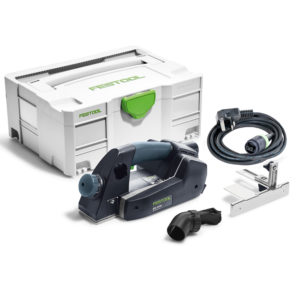
Festool EHL65EQ One Handed Planer
£309.00 exc. VAT£370.80 inc. VAT -
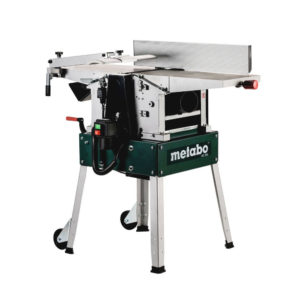
Metabo HC260C Planer & Thicknesser
£619.00 exc. VAT£742.80 inc. VAT -
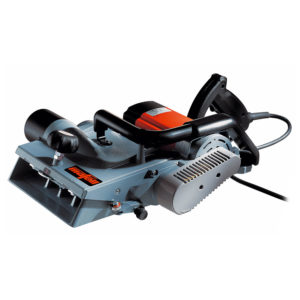
Mafell ZH 205EC 205mm Carpentry Planing Machine
£2,595.00 exc. VAT£3,114.00 inc. VAT -
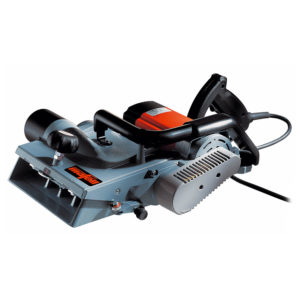
Mafell ZH 245EC 245mm Carpentry Planing Machine
£3,250.00 exc. VAT£3,900.00 inc. VAT -
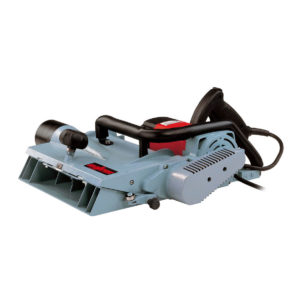
Mafell ZH 320EC 320mm Carpentry Planing Machine
£4,195.00 exc. VAT£5,034.00 inc. VAT
Corded Planers
If you are looking to reduce the thickness of timber and apply a smooth finish at the same time the fastest method is to use a power planer. A portable power planer is used in an identical way to a hand plane but having a motor allows the operator to merely direct the tool instead of applying force behind it. Often used to trim doors and windows portable planers are also capable of making rebates when used in conjunction with a guide fence.
Portable planers are applied to the workpiece but in the case of a planer thicknesser the timber is pushed into it. Planer thicknessers are used to make both sides of the timber parallel to one another and give a smooth surface finish, if the timber is bowed or twisted this will not be corrected by a planer thicknesser, a static surface planer would be required; some manufacturers make a combined surface planer and thicknesser covering both applications.
Portable planers are available from Protrade in different sizes, to suit timber widths ranging from 65mm, 82mm all the way up to 320mm using specialist carpentry planers from Mafell. Portable planers may feature a planer block which has a single or double blade arrangement. Blades may be mounted at an angle rather than set in line with the block which is designed to slice instead of chop at the timber giving a smoother and more even finish.
Lipping planers are purely designed to trim wooden lippings on doors, shelves and table tops. These machines have a very wide base to give extra stability and feature an offset planer block which can be accurately adjusted to bring the lipping flush with the surface of the main base material.
Jointing machines….. Joints in timber can be made fairly easily since wood is nice to work with and can be crafted using basic tools if the appearance is not so important. However, if you are a trained joiner or cabinet maker there are numerous joints which can be made by shaping the wood to interlock with the other component, giving a strong connection and in many cases, becoming an attractive feature of the finished workpiece. Portable jointing machines make holes or slots in the material allowing a reinforcing component to be inserted into both sides of the workpiece; essentially making a basic butt or mitred joint very strong, fast and relatively easy to achieve. In most cases, these joint fittings are hidden within the material giving a very neat appearance. Jointing machines make different holes and slots depending on the type of fitting they use in their particular installation method.
Dowellers use a dowel drill to create a perfectly round hole which neatly houses, grooved, cylindrical dowels, normally installed in pairs to prevent the joint from twisting. The grooves on the dowels give more surface area for the glue to adhere to, increasing the bond strength and thus creating a stronger joint. Domino machines also use a type of dowel drill but this is moved from side to side using a a cam to create an elongated hole. The Domino fitting has two flat sides to prevent twisting with two grooved edges, which, like the grooves on the dowel, promotes greater effectiveness of the adhesive. The Domino system is very similar to a mortice and tenon joint.
Biscuit jointers use a circular blade to create a crescent shaped recess in the timber. A wooden ‘biscuit’ is inserted into this recess providing alignment and support of the components, this fitting too, requires adhesive. The unique Lamello Zeta, works with P-System fittings, this also uses a blade very similar to the biscuit jointer but a clever, mechanical feature of the machine is able to apply a T shaped notch at the back of the crescent, providing an anchoring point for the fitting. This allows the fitting to uniquely pull the substrates together as well as provide alignment and support to the joint. Fittings such as the Clamex can be used without adhesive allowing a detachable joint but fittings like the Tenso require glue.
Order your corded planers & jointers from us today and take advantage of our free delivery, which is available on orders over £50. Or place your order before 5 pm for next day delivery.
Showing 7 of 7 products
Loading filters please wait.




